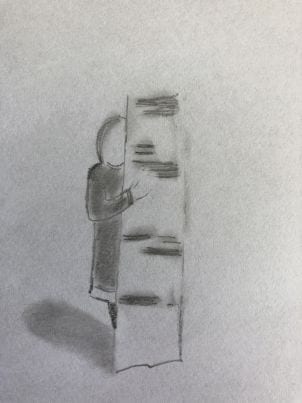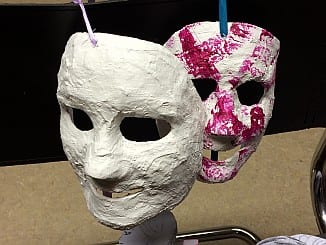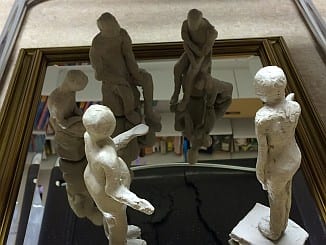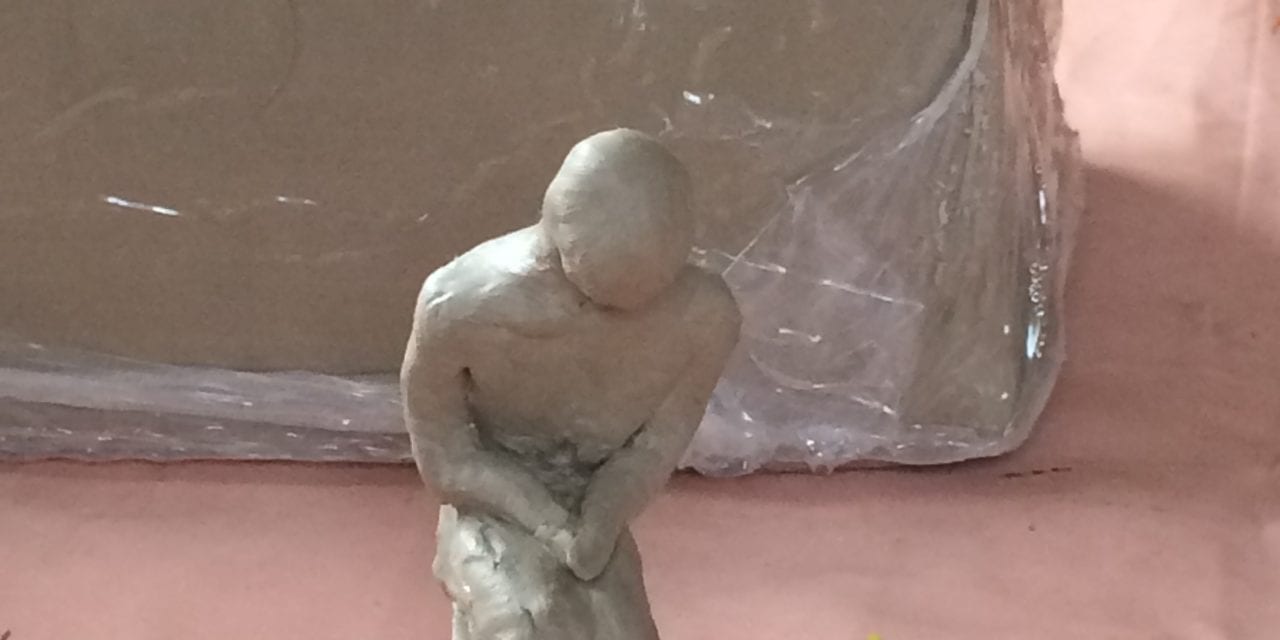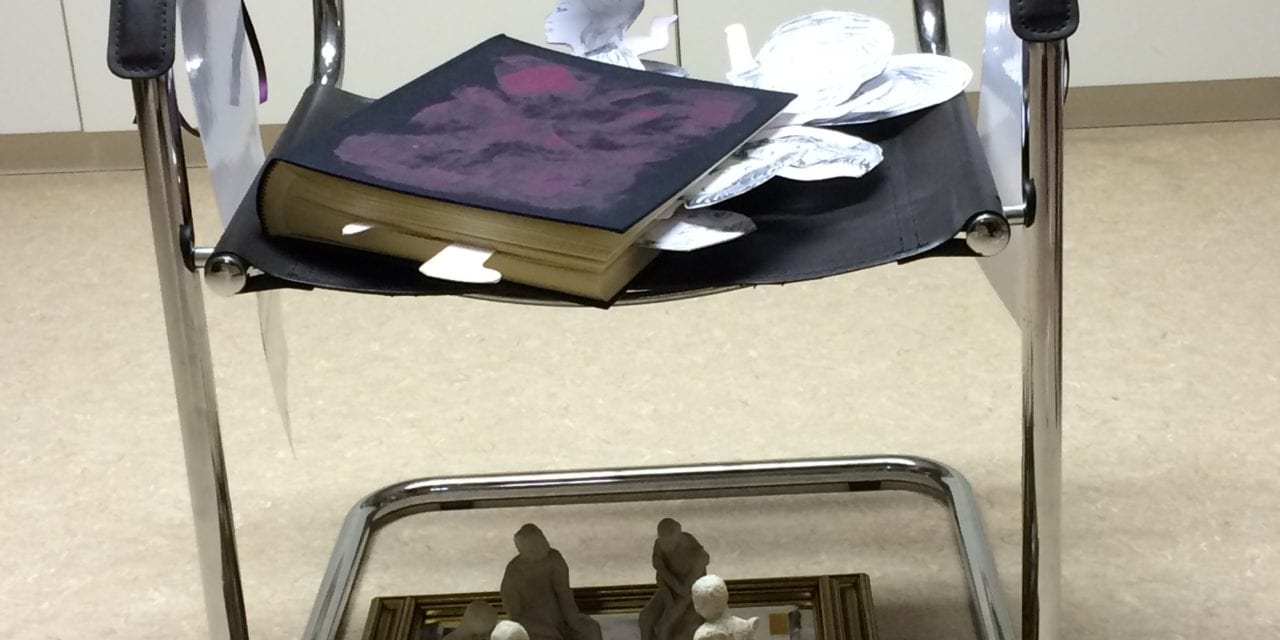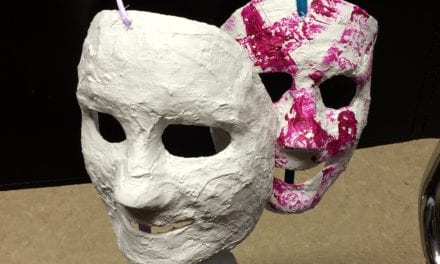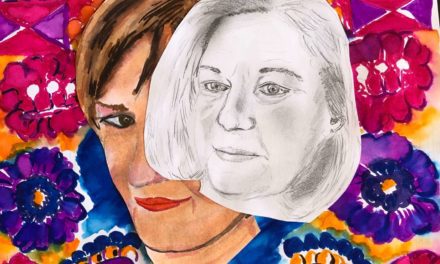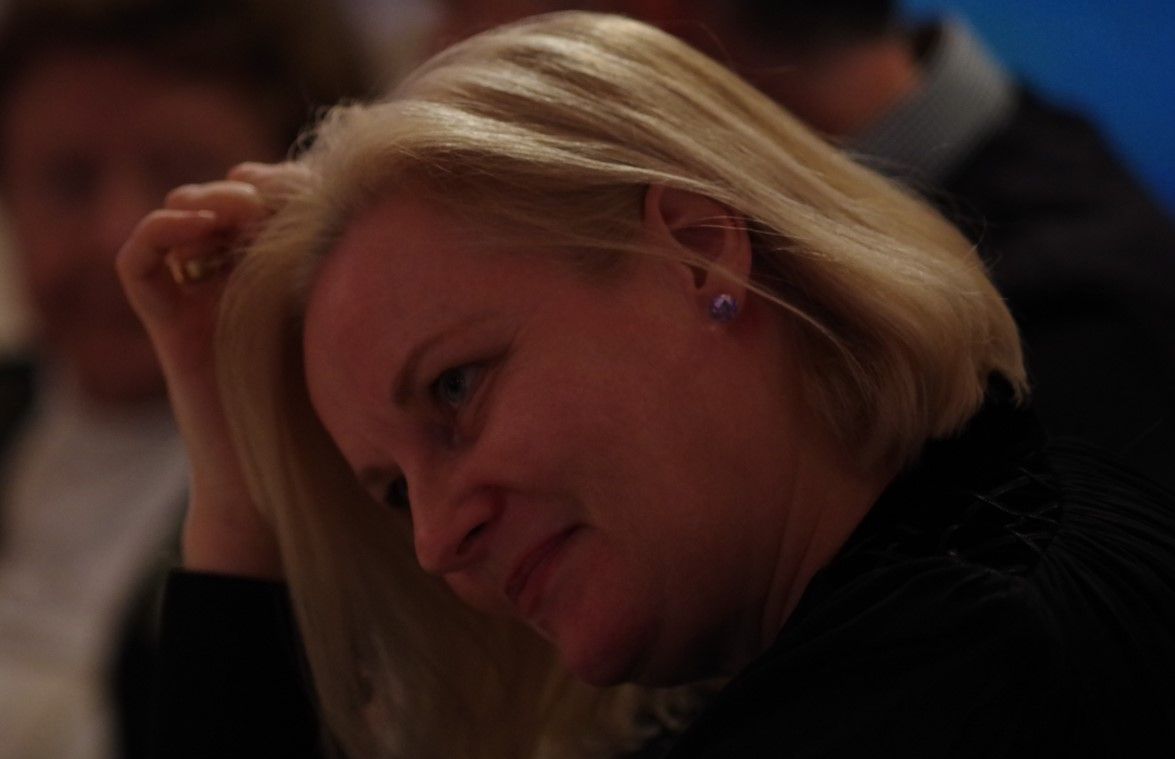Table of contents
Support Groups have a poor image
Keep the embers glowing
I started a support group and led it for four years. Unfortunately, I felt overwhelmed after those years and had the burden of doing everything on my own. I attended advanced training courses on this subject. Further diagnoses paired up with fibromyalgia. In the end, as a group, we did not succeed in keeping the embers glowing. So why am I writing about support groups? Well, they are actually much better than their image. The important thing is not to see it as a self-service store. Everyone needs to contribute to keeping the fire going.
What people think and say
You've heard of it, right? "You just sit in a circle and whine." "It's no good for you, it just gets you down." Those are common prejudices. According to a study done in Germany by SHILD, which was completed in 2017, self-help is unfortunately often little regarded by doctors or even rejected. (The SHILD project is a multicentered study on the status of health-related self-help in Germany, sponsored by the Federal Ministry of Health). I couldn´t yet find any information on the image of Support Groups in the US or the UK.
What really happens in a support group?
"The common hearth was a precursor of the home in the development of a sense of belonging. The need for fire and the associated need to work together as a
group to maintain it probably created a closer social cohesion, a "sense of hearth" and
some division of labour among these prehuman
beings in the use of the new technology.
The primates' sense of community, strengthened thanks to fire,
increased even further as they learned to apply cooperation in other areas; at the same time, their sense of belonging to this community intensified and became more conscious." Daniel Everett. The greatest invention ofmankind
Campfire - Support group
Sitting together around the fire, that's what people have always done.
What does fire mean? Energy, purification, heat. I'm sure you've sat around a campfire before. Was there anything to eat? Did you sing? Or was there any storytelling? Food, entertainment, distraction, security. A support group can be that way too.
In the support group you actively do something to cope with your illness. Click to tweetHere you will meet people who have the same disease as you. You can talk to each other here without professional intervention, in a protected atmosphere. Here you will find mutual understanding, empathy, and acceptance. It can be about a specific topic, mutual listening or just having some leisure time in the company of people like you. Humour can also be healing. Here you will also find comfort. All in all, it can be an upbuilding experience.
You can do things with the others or attend events. They know what the problems are and what they have to consider for each other. You can create a joint project with the others (as described below), or come into contact with other groups. Exchange of experiences and information, mutual support, solidarity and friendship lasting for years can come out of this. All this can be self-help.
Why should I go to a support group?
You can find out about medical treatment from the doctors. Questions arise all the time. You can ask them in a support group. Here you can hear how others deal with your problem. The knowledge you learn is not theory. Everyone knows what they are talking about. You become an expert in your own field. A self-help group is not a substitute for a doctor. It can be an important pillar of therapy.
What else will I find in a support group?
Counselling, workshops, support.
The community in the support groups is strong. Many voices achieve more than one. Self-help has an important voice especially for the chronically ill.
This benefits us all
It is also a political lobby.
The self-help movement has already achieved a lot in Germany. Health-related self-help has become an important and respected pillar in the health care system. Self-help is the driving force for strengthening the rights of disabled people. One example is the implementation of the UN Disability Rights Convention in Germany.
Further information on self-help
https://www.fibromyalgie-fms.de/startseite
https://fibromyalgie-bayern.de/
https://www.selbsthilfebuero-korn.de/
https://www.sekis-bw.de/lag-kiss/#
https://www.nhs.uk/conditions/fibromyalgia/
Please come in, sit down and see what self-help can offer you!
Four years ago, our group at the time took part in a travelling chair exhibition: "Take a seat, find your footing". "Take a seat in the group" was the message. Many self-help groups, each responsible for a disease, designed their own chair that drew attention to their disease.
https://www.google.com/search?client=firefox-b-d&q=Korn+e.v.+Stuhlausstellung
So the dust was blown of the image of sitting around in circles and whining. Can you find our chair? Tip: Have a look in the gallery at the top of the post!
Another poem...


Sources:
What is self-help. (o. J.). Retrieved May 9, 2020, from https://www.bag-selbsthilfe.de/informationsportal-selbsthilfe/was-ist-selbsthilfe/
Selbsthilfebüro KORN e.V., Lübbers, C., Lydia Ringshandel, L., & Radi-Pentz, A.-P. (2019). What is self-help? SelbsthilfeZEITUNG, p. 2.
Lecture "Igniting the fire in (self-help) groups - suggestions, ideas, inspirations for a lively group work" on 24.09.2016 by Klaus Vogelsänger. www.vogelsaenger.org
